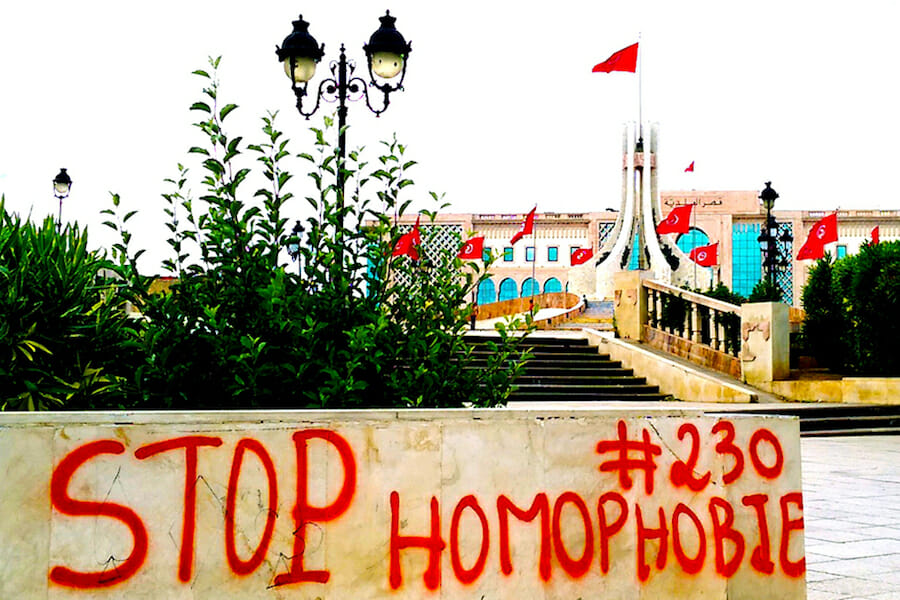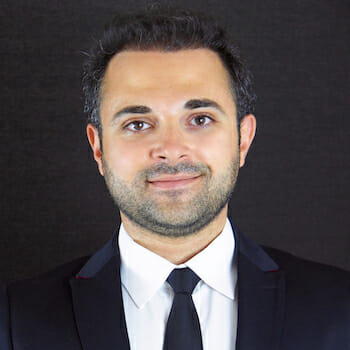
Culture
Tunisian Anthropologist: Homosexuality Permissible in Quran
The Tunisian anthropologist Yusef Al-Siddiq commented on the final report of the Individual Freedoms and Equality Committee (also known by the acronym COLIBE), a presidential commission comprised of legislators, professors and human rights advocates. Al-Siddiq said, “the Quran did not call for the punishment of homosexuals.”
In its final report, the committee recommends abolishing the death penalty imposed on homosexuals, thereby decriminalizing homosexuality in Tunisia. “Some laws pose an assault on the sanctity of individuals’ privacy, including their sexual relations,” the report, published on 01 June 2018, states. The report specifically cites article 230 of the country’s penal code, which criminalizes homosexuality.
In an interview with Ultra Tunisia, Al-Siddiq spoke about the issue of homosexuality in Tunisia and condemned the COLIBE’s report, which mandated a substitution of prison sentence with a financial compensation. “It is a shame in the case of homosexuality to call for the abolition of the prison sentence and impose a financial penalty instead,” Al-Siddiq said. “I heard those who have been justifying this suggestion and were talking about Muslims’ sensitivity. What is Muslims’ sensitivity? We cannot talk about the sensitivity of the Muslim majority. On the contrary, when there is an overwhelming majority, it is them who must take into consideration the rights of the minority,” he adds.
“There is no punishment in the Quran for homosexuality, but there is a blame in the verse ‘you approach men with desire, instead of women.’ It is just a blame in the sense that why do you do so. This is a blame and not a punishment.” Al-Siddiq continues: “Indeed, there is kindness in the Quran when addressing homosexuals, as Lot said, ‘Here are my daughters (the women of the nation), they are purer for you.’ He did not say that God would punish them [homosexuals].”
Post-revolution government in Tunisia has pursued more aggressive human rights and equality legislation over the past several years. Yet reaching equal rights for the LGBT+ community is still far from reality.
